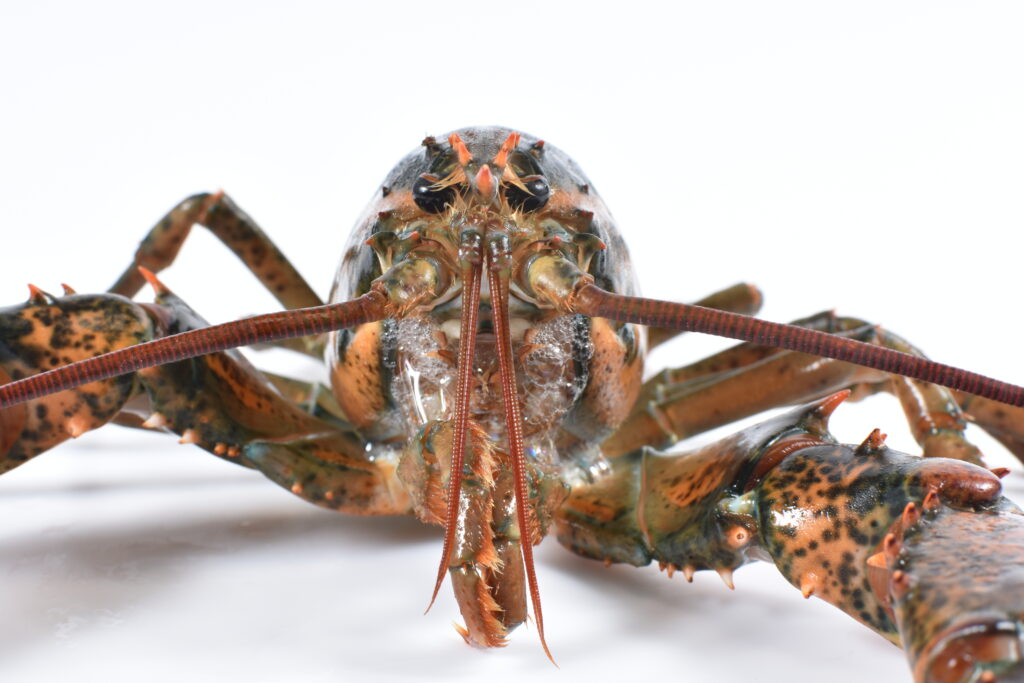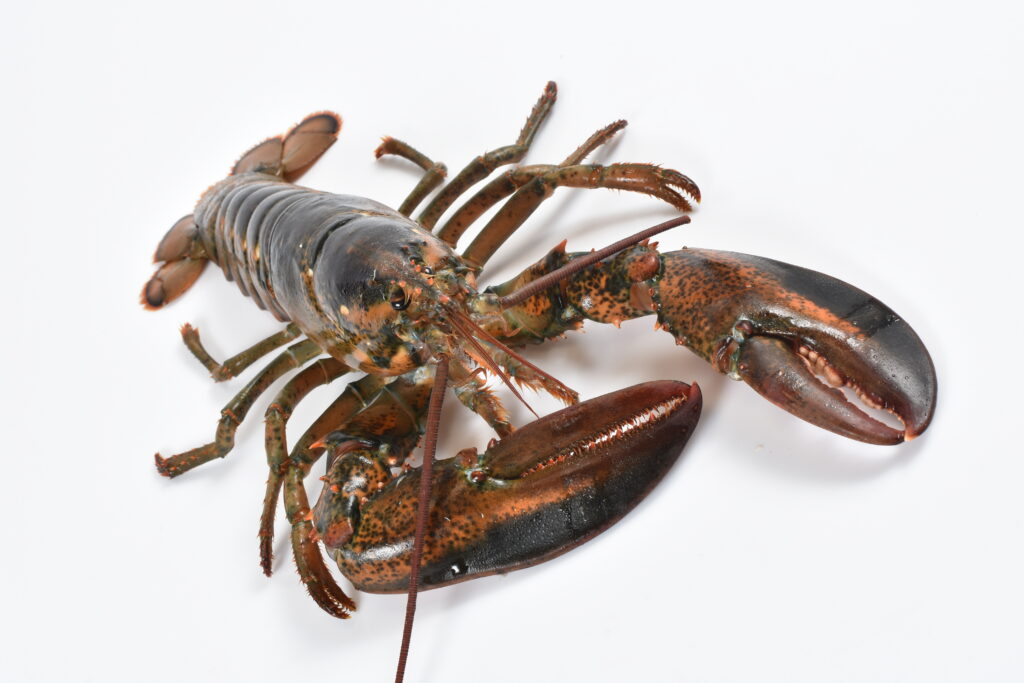Non-native species are those which are not native to an environment but have been introduced either by humans. Some live happily without upsetting the environment, but others have a competitive advantage and might be able to out-hunt, out-breed or otherwise impact the balance of the ecosystem – these species are known to be invasive.
Each year, we mark Invasive Species Week to raise awareness of the impact these species can have on the environment and how people can help to spot them or stop their accidental or deliberate introduction. On Monday we learned about the impacts on freshwater environments, on Tuesday we discussed why it is important to "rehome rather than release" and today we are sharing a cautionary tale about invasive species in the marine environment.

The release of captive animals back into the natural environment may seem the right thing to do but is it really? What are the impacts of such actions on local biodiversity?
Any release of an animal or plant to a new location carries a number of risks. All species native or invasive can carry disease which can be spread through introductions, but in addition invasive species can also out-compete native species for resources, interbreed, cause destruction to habitats and the possible decimation of native populations.
In 2015 two individuals bought over 300 American lobsters and released them in the sea off Brighton, as part of a religious ‘life release’ ceremony believing they were doing a good deed.
AN

The pair were later found guilty of releasing non-native species into the wild at Brighton magistrates’ court and received substantial fines. The action was contrary to the Wildlife and Countryside Act 1981 which is in place to protect native species from invasion by non-native species.
When the release was discovered swift action by the Marine Management Organisation (MMO) working with the local fishing industry and the Centre for Environment, Fisheries and Aquaculture Science (Cefas) led to a large number of the American lobster being recovered.